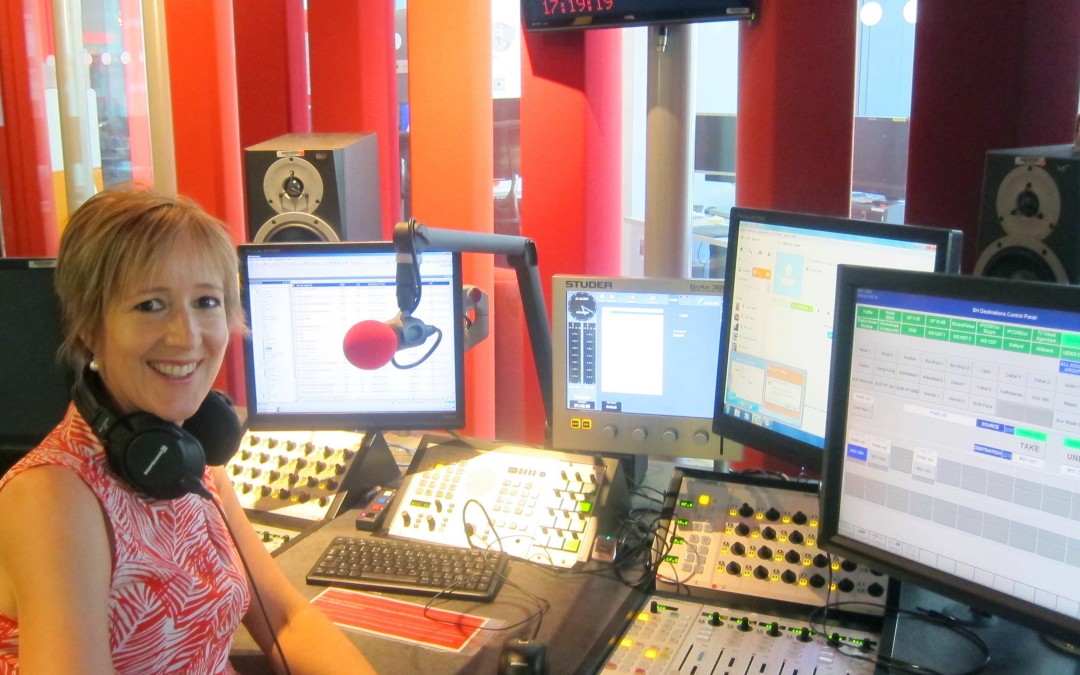
Oct 15, 2014 | BBC World Service, Entrepreneurship, Silicon Valley Events
This summer, I was invited to share Letters from Silicon Valley with the BBC. This is the first of my letters and aired on BBC Business Daily on Friday September 26th, 2014. It was bookended by an interview with Silicon Valley’s Peter Thiel and the haunting opus, Do Not Go Gentle Into That Good Night, read by Dylan Thomas.
Listen to the podcast (Letter from Silicon Valley starts at 11:12)
The BBC’s Manuela Saragosa hosted the show. Here’s her introduction:
Saragosa: Seeing the world from a Silicon Valley perspective where failing is essential to success…
van Diggelen: You might be thinking that encouraging employees to fail is the nuttiest thing you’ve ever heard. But here’s the thing: if you don’t create a risk taking culture, then how are you going to invent the future?
Saragosa: … that’s Silicon Valley for you. As Peter Thiel says, it’s a counter cultural kind of place and California’s ultra competitive technology industry has its own way of going about things. Take success: to get there, failure is positively encouraged. Journalist, Alison van Diggelen has this report from San Francisco.
van Diggelen: The popular cartoon character, Homer Simpson famously said, “Trying is the first step to failure.”
I imagine Homer wouldn’t survive long in the tech world of Silicon Valley, where trying and failing is vital to the region’s dominance as the global center of innovation.
In Silicon Valley, it’s a badge of honor to fail, as long as you fail fast and learn from the experience. Here in Silicon Valley, mistakes don’t define you. They refine you.
Fear of failure doesn’t hold people back.
That’s why Google is constantly putting out products “in beta.” They try them out, and if they take off, like Gmail, support goes full throttle.
We all know Gmail, but do you remember Google Desktop, Google PowerMeter and Google Health? Probably not. They were launched and then quietly discontinued. Failures, yes, but you can be sure they delivered valuable lessons for Google products. Google Glass may go the same way, but it won’t damn the company as a failure. Not in Silicon Valley, anyway.
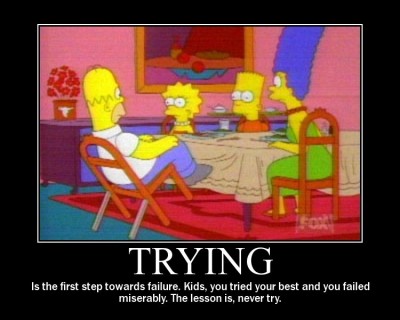 You see, failure is viewed differently here. That’s why innovation blooms in SV.
You see, failure is viewed differently here. That’s why innovation blooms in SV.
And that’s why Silicon Valley gets the lions share of venture capital investment.
Some of the most innovative leaders in SV have the mantra, “if you’re not failing half the time, you’re not trying hard enough.”
They create a climate of cooperation, allowing teams to make and learn from mistakes, and change “business as usual.”
For skeptics, you might think encouraging employees to fail is the nuttiest thing you’ve ever heard, but here’s the thing: If you don’t create a risk-taking culture that condones, even celebrates failure, then how are you going to invent the future?
Incremental steps just won’t cut it. True innovation needs giant leaps.
If Steve Jobs and Steve Wozniak had accepted the DOS command-line-interface and didn’t ‘think different,’ we might still be stuck in the dark ages of black computer screens…
But how to overcome your fear of failure?
I recently interviewed Professor John Krumboltz at the Commonwealth Club of California. He’s the author of Fail Fast, Fail Often and is renowned for his fail fast, fail often mantra. He’s spent a lifetime at Silicon Valley’s Stanford University, exploring why successful people spend less time planning and more time acting.
“Making mistakes is important to human development,” he stresses. “Just do it!”
He cites the example of SV’s Pixar Studios, which makes computer-animated films like Wall-e and Finding Nemo. Pixar’s President, Ed Catmull says a few good ideas are often buried amid many “half-baked and outright stinkers.” By giving themselves permission to fail again and again, the team weeds out bad ideas quickly and gets to the place where real work can occur. Catmull describes the process as going from “suck” to “non-suck.”
In the business world, fear of failure can prevent you sticking your neck out, being innovative, trying something new. Perhaps you’re paralyzed by the Homer Simpson’s defeatist: “if I don’t try, then I won’t fail.”
Instead, remember that no one sets out to fail: failure isn’t your friend, but fear of failure is definitely your enemy.
Alison van Diggelen, of Fresh Dialogues, for the BBC World Service in Silicon Valley
Find out more about my appearances on BBC World Service
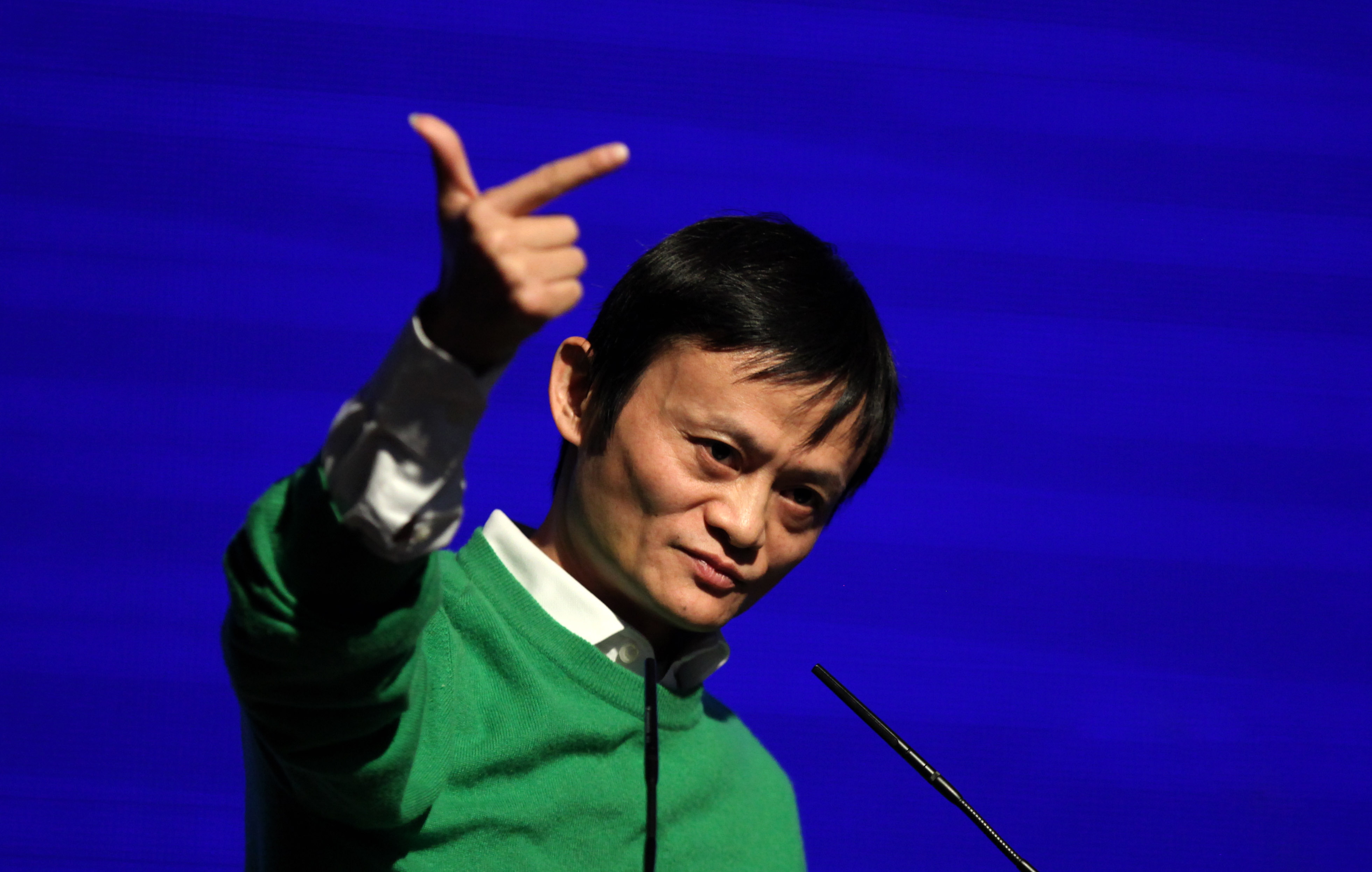
Sep 26, 2014 | BBC World Service, China - what we can learn
By Alison van Diggelen, host of Fresh Dialogues
Jack Ma may be the richest man in China, but he’s also one of the greenest. Or is headed in that direction. He has commented publicly on China’s serious pollution and said that it’s a problem that “must be solved.” The Ma man is putting his money where his mouth is (see below for details).
Since 2009 he’s served as the Chairman of the Board on the Nature Conservancy’s China program and says, “Our challenge is to help more people to make healthy money, “sustainable money,” money that is not only good for themselves but also good for the society.”
So what’s behind Jack Ma’s environmental conscience? With vast wealth comes the ability to take a longer term view of the world:
“Most companies, when they’re doing good, they enjoy today’s wonderful life. They don’t worry about five years later—but I worry about five years later,” says Jack Ma. “I think one thing’s for sure — China’s environment will get better in 10 or 20 years. Business people like myself are beginning to pay attention to social issues including the environment and taking action and really treating this issue very seriously. And we’re doing it not for P.R. reasons, but because we know it is important. We know it is serious and that if we don’t take action, it will hurt ourselves, our children and our families.”
McDowall: Our guest is Business Matters regular, Alison van Diggelen. Among her many talents, Alison is an acclaimed interviewer and is host of the Fresh Dialogues series, which you can find online, and which features experts on green technology, sustainable enterprise, celebrities and inspirational women… Alison, good afternoon to you in the Golden State. Can we talk for a minute about Alibaba? What do you make of this chap Jack Ma?
van Diggelen: Well I’m quite impressed by Jack Ma. 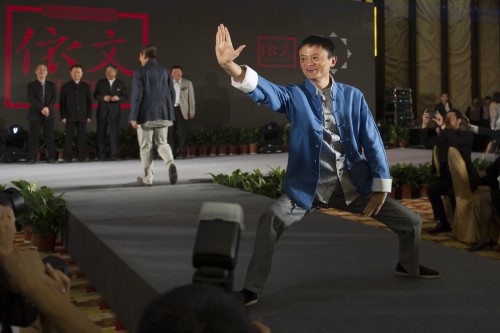
Of course, I’m always looking for the environmental, green angle as you mentioned earlier Mike. And he’s probably made enough money for a small country to live on, so he’s really turning his attention to the environment. He’s actually a major player in putting the attention on China’s environment. Its really bad: air pollution, water pollution. So I understand he’s putting 0.3% of the revenues from Alibaba into environmental causes, which I say: three cheers to that! (Reuters reports Alibaba’s revenues were $2.4Bn in the last quarter).
McDowall: Point three percent? Mind you, the revenues are enormous.
van Diggelen: Yes, absolutely. That’s probably a good tranche of money there.
McDowall: So he’s obviously someone we’re going to be seeing a lot more of in the future. He appears to be keen to raise his profile internationally. He’s obviously very well known in China and you know, ringing the bell on Wall Street…Yahoo was a big investor. We’re going to be seeing a lot more of this guy.
van Diggelen: I think a lot of people…the froth and the excitement…part of the reason for that is that it’s an opportunity for global investors to buy into China’s growth and as everyone knows that is just poised to keep growing. I think only half of the Chinese population is online, so there’s a lot of growth potential there.
McDowall: Sure. We’ll keep watching….
Keep listening to our conversation as we discuss: The Scottish referendum, Larry Ellison’s retirement and why the Ig Nobel Prizes will make you laugh, then make you think.
You can listen to other Fresh Dialogues BBC Conversations here where we discuss: the future of driverless cars, Apple’s green credentials, Tesla’s new gigafactory and many more topics.
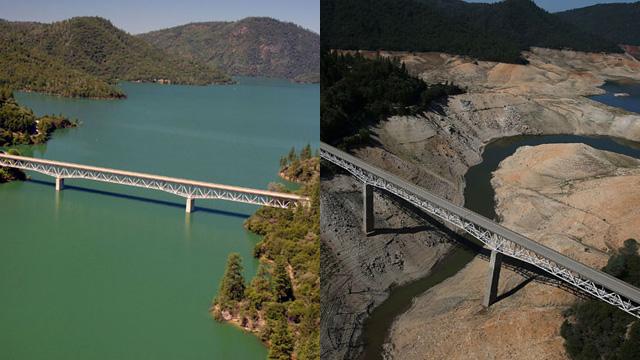
Sep 17, 2014 | Uncategorized
California is in its worst drought since 1977. Some say it’s the worst in a century.
Reservoirs are only a third full. Rainfall totals were about 40 percent of normal last winter. Farmers are pumping groundwater to keep crops alive. Wildfire risk is extremely high. And wildlife is in danger as creeks run dry.
Although some people are saving water, (even refusing to shower) much more could be done!
What are YOU doing to help save water? What do you think should be done to save water?
Have YOUR voice heard by sharing your top tips and creating awareness…
WIN the Fresh Dialogues #DoingForDrought Competition
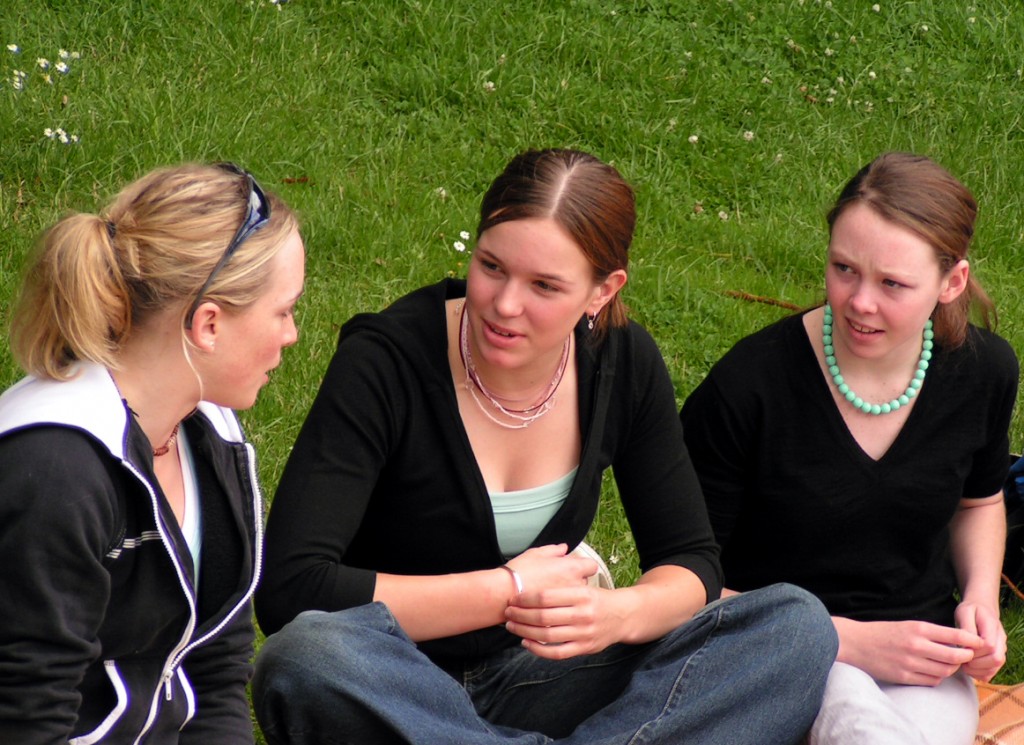 Top Prize:
Top Prize:
* Winner will receive a Fresh Dialogues Drought Hero Award and be interviewed and featured on Fresh Dialogues YouTube Channel next to top green influencers like Elon Musk, Tom Friedman and Meryl Streep.
*He or she will get to meet an influential green industry leader.
* The winning video will be featured on Fresh Dialogues and will help influence water use in California and may also help shape water policy both here and around the world!
Honorable Mention Prizes:
*Each will receive a Fresh Dialogues Drought Hero Award
* Each video will be featured as “honorable mentions” on Fresh Dialogues.
FAQs
1. What’s the plan?
Make a short #DoingForDrought video (2 minutes max) on YouTube and mark it public. It could feature an interview with a family member, friend, or local business owner who is affected by the drought, or it could be just you, telling the world what you’re doing for the drought. If you don’t have a YouTube channel, use a friend’s channel or set one up, it’s easy.
OR
Make a #DoingForDrought poster illustrating what you’re doing or what you think should be done.
2. Then what?
Send us a link to your video or send us a jpg of your poster using our contact page with your name, email and hometown.
3. Does it cost to enter?
No. It’s a free competition, open to all.
 4. What’s the Deadline?
4. What’s the Deadline?
Competition starts today and ends Friday October 10th, 2014
4. Who decides?
The winner and honorable mentions will be announced on Monday Oct 13th, 2014 by the Fresh Dialogues team. We will be looking for energetic and pithy messages. Be creative, be practical and most of all, have fun with it!
5. What else?
We encourage you to share the competition with friends and colleagues using the hashtag #DoingForDrought @FreshDialogues and share updates at Fresh Dialogues Facebook Page
6. Still got more questions?
Send us your burning questions using our contact page or on Facebook
Good luck!
Remember:
“Never doubt that a small group of thoughtful, committed citizens can change the world; indeed, it’s the only thing that ever has.” Margaret Mead
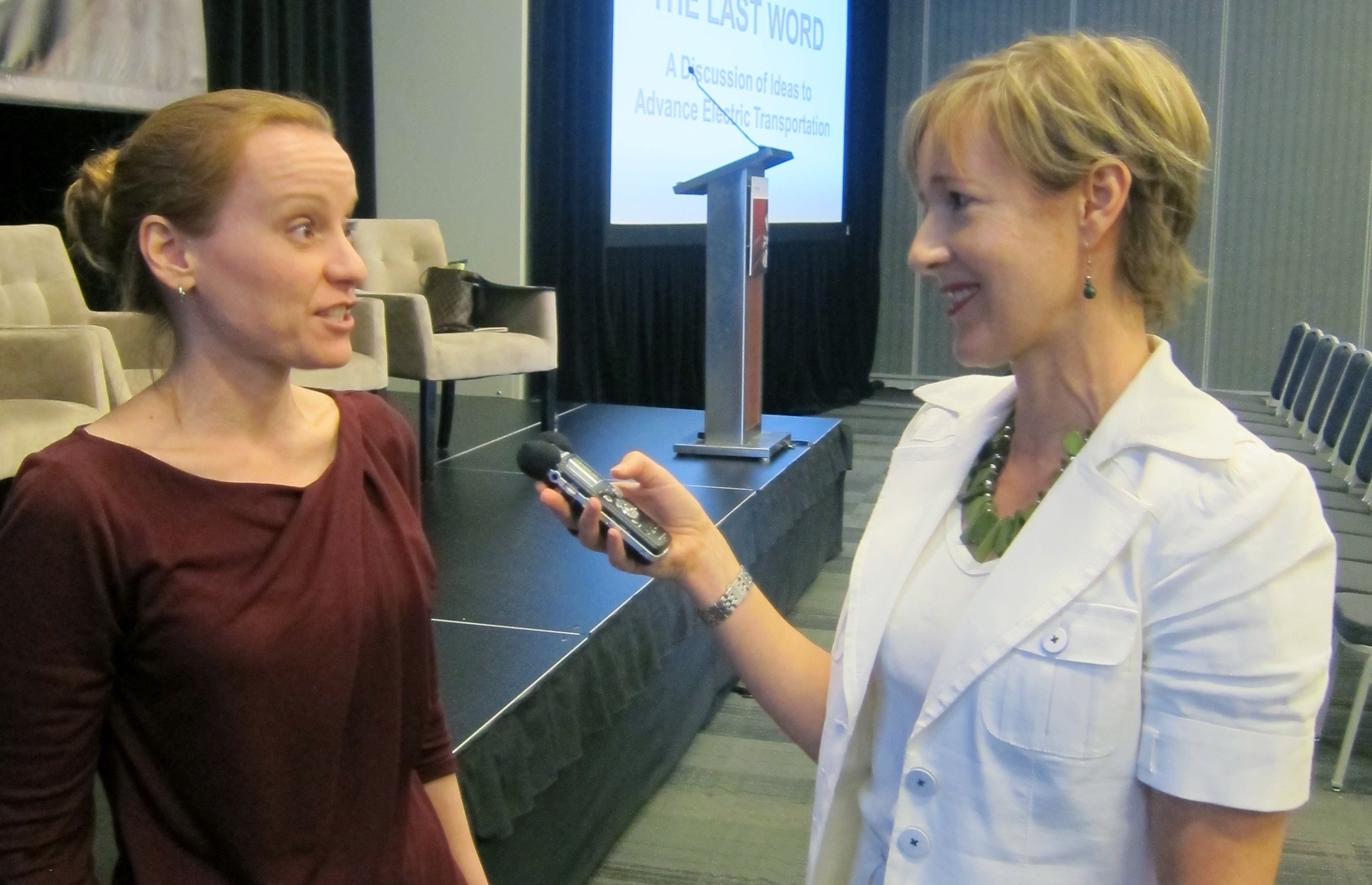
Sep 15, 2014 | Electric Vehicles
By Alison van Diggelen, host of Fresh Dialogues
Chelsea Sexton is famous – among electric car fans – for her role in the documentary “
Who Killed the Electric Car?” I caught up with Sexton at this summer’s
Plug-In Conference in Silicon Valley and she emphasized the importance of “getting butts in seats” – electric vehicle seats that is – in order to expand the adoption of EVs.
An employee of GM, Sexton was part of the L.A. team tasked with leasing the first commercial electric vehicle:
the EV1. When GM decided to recall the car, she became a vocal opponent of the recall, but that didn’t stop the company crushing the majority of the fleet. It’s an episode in EV history that makes quite
Tesla’s Elon Musk emotional (see @39:25 in our
in-depth interview).
Today, Sexton is an outspoken advocate for the development and expansion of the electric vehicles market, and helped launch the
Automotive X Prize. Here are some highlights of our conversation:
On expanding electric vehicle ownership
“Getting butts in seats is key,” Chelsea Sexton
This mantra was repeated several times by Sexton and her fellow panelists, during the last Plenary Session: Ideas to Advance Electric Transportation.
The rationale is that the more people who experience the acceleration and performance of electric cars, the more people will buy them. Programs like Experience Electric and National Drive Electric Week (Sept 15-21) are tackling this challenge.
On why she loves electric vehicles
“I love torque more than anyone rightfully should…that experience of off-the-line speed, and racing one car against the other…that’s torque. Bill Nye jokes that I have a lead foot…I have a lithium foot.”
Sexton used her “lithium foot” during a
Wired Magazine assignment in 2013, when she got to drive the all electric Yokohama HER-02 EV.
On where electric vehicles are today
“The last few years have been the giddy freshman – we finally have electric cars again – years and now we’re in the phase – the sophomore slump – where it’s time to dig into the less sexy nuts and bolts and infrastructure.”
On the future of electric cars
“I’d like to see them no longer a novelty. The next 5 years will determine what will happen…we hope to see more vehicle types and be less reliant on incentives and be more self-sustaining.”
On Tesla Motors
“It’s the most aspirational example of an electric car…Elon (Musk) is rocket man, so who’s not excited by that?”
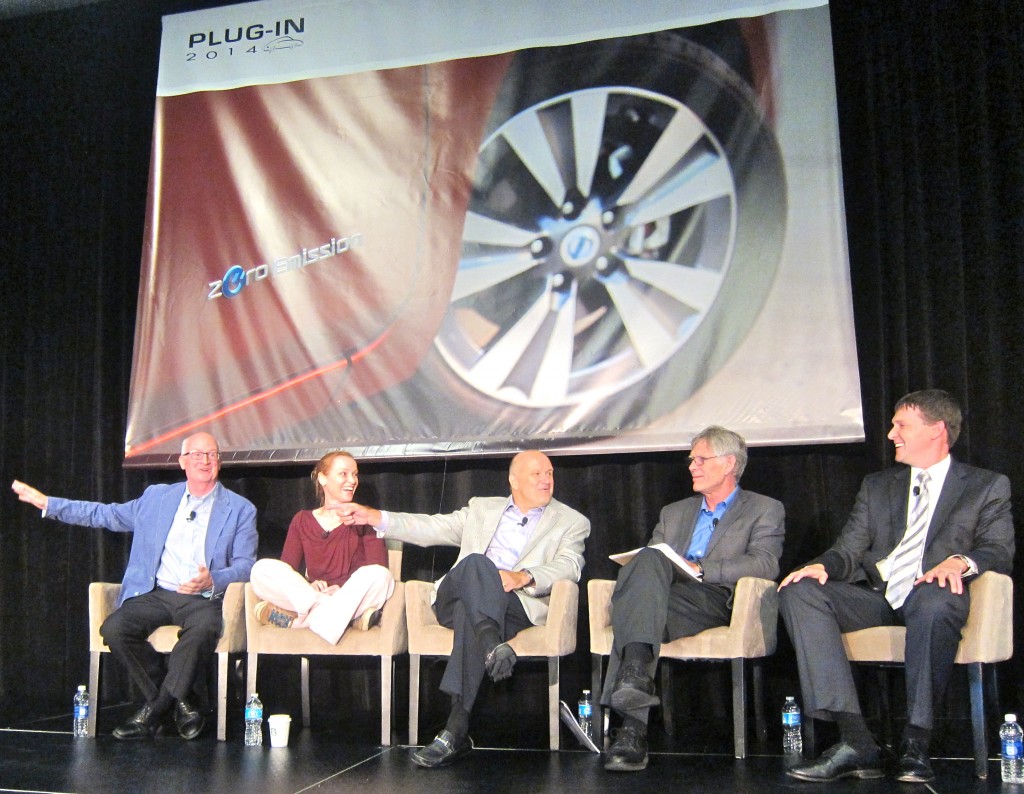 2014 Plugged-In Conference Plenary Session: Ideas to Advance Electric Transportation
2014 Plugged-In Conference Plenary Session: Ideas to Advance Electric Transportation
From Left:
Watson Collins, Manager, Research & Business Development, Northeast Utilities
Chelsea Sexton, Founder, Lightning Rod Foundation
Edward Kjaer, Director, Transportation Electrification, Southern California Edison
Tom Turrentine, PH&EV Research Center, Institute of Transportation Studies, University of California, Davis.
Dan Bowermaster, Program Manager, EPRI, Electric Transportation, Electric Power Research Institute
Find out the latest news about Electric Vehicles and Driverless vehicles, reports from Fresh Dialogues
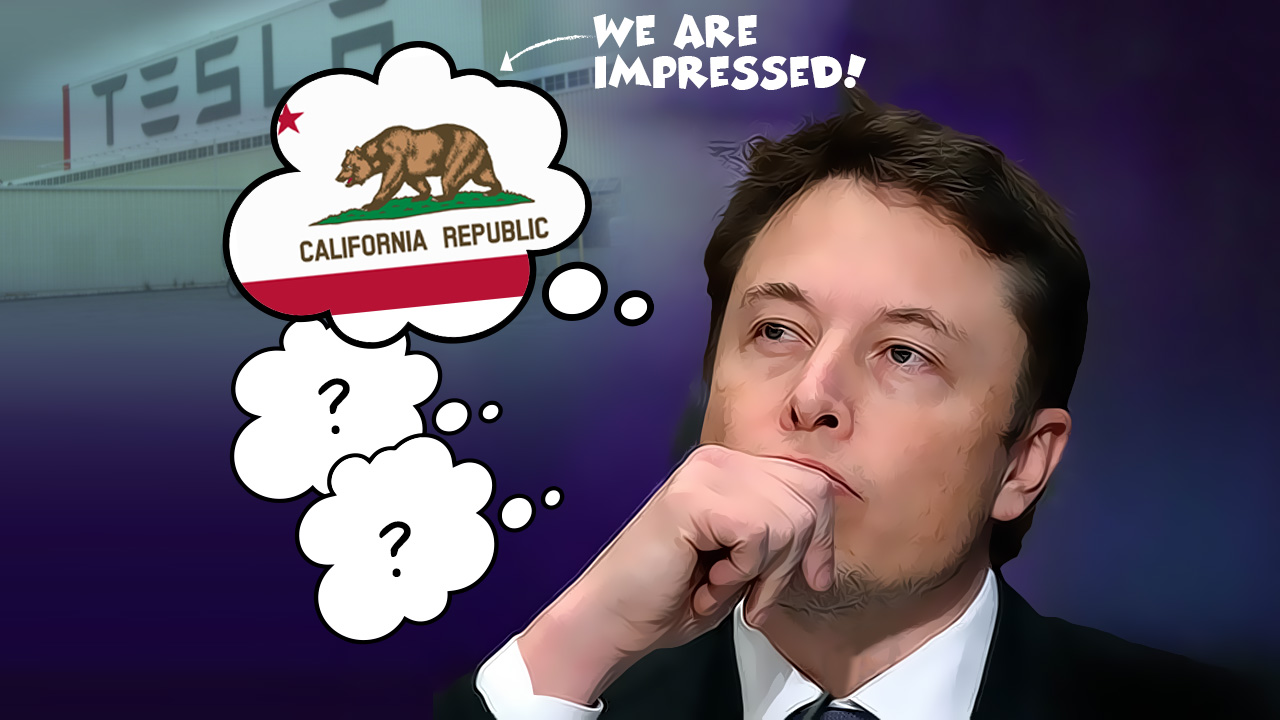
Aug 27, 2014 | BBC World Service, Electric Vehicles
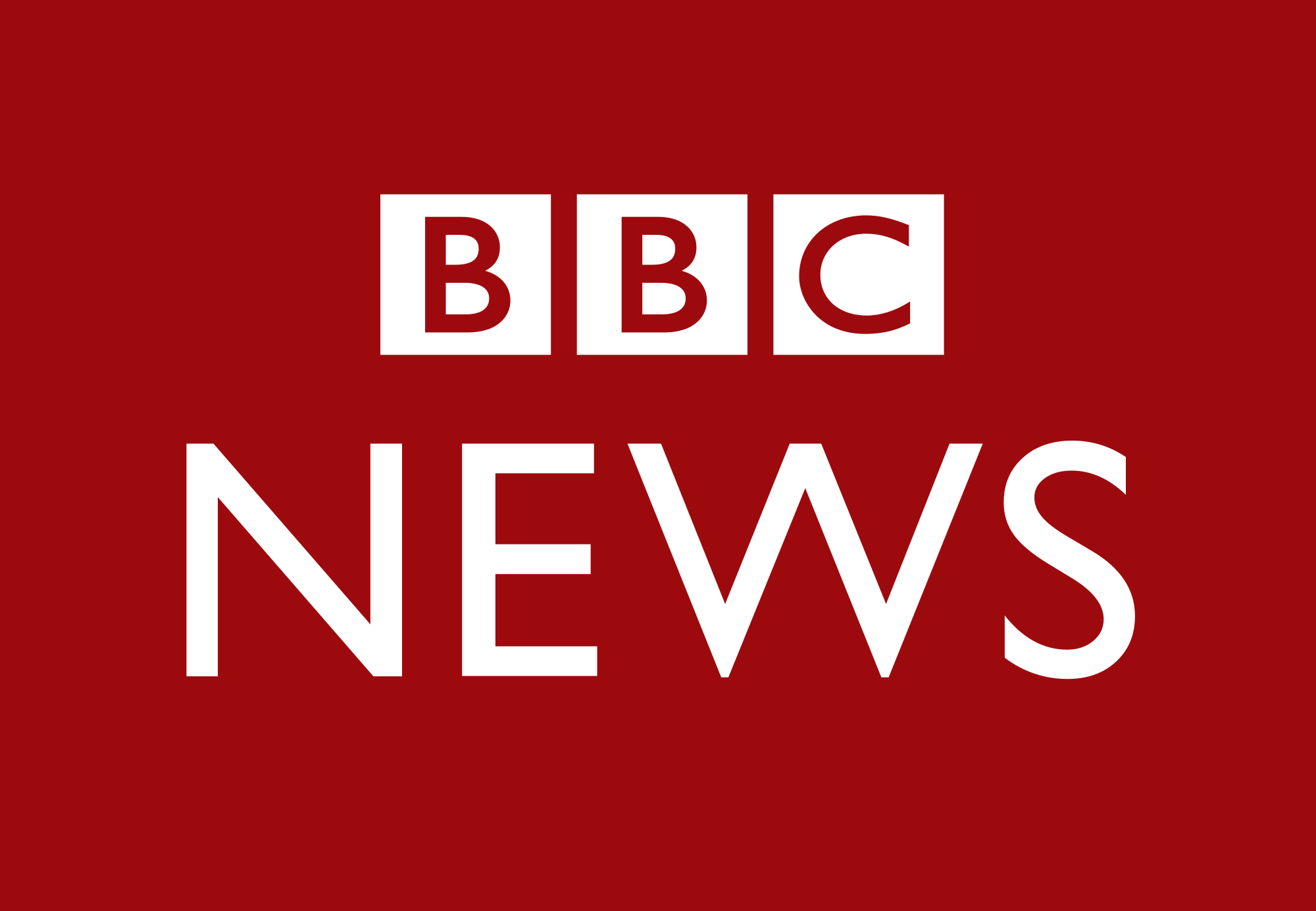 By Alison van Diggelen, host of Fresh Dialogues
By Alison van Diggelen, host of Fresh Dialogues
Last week I joined BBC Business Matters host, Mark Whittaker in London and CIMB Research’s Song Weng Wun in Singapore, for a discussion about Tesla’s Gigafactory; why competition between five U.S. states to secure the factory is so intense; and what it means for the future of electric cars.
Although Tesla began groundwork on a factory site in Reno, Nevada, progress has now halted. Last week, Nevada Senator, Harry Reid said, “I’m not sure they aren’t playing us.”
Meantime, California Governor, Jerry Brown is enthusiastically enticing the electric carmaker with offers of generous tax credits, employee training and fast track approvals.
Although some commentators say that the Golden State is too green to land the Tesla Factory, that hasn’t stopped State Senator Ted Gaines from remaining bullish. “I am very confident…innovators come to California because it’s unique,” Gaines said during a recent CNBC interview. “We want to fight for 6500 jobs and a $5 Billion investment.”
Listen to the global perspective at BBC Business Matters, starting @31:17.
Here is the transcript.
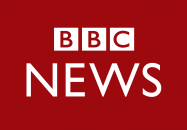 Mark Whitaker: My guests on Business Matters today are Song Seng Wun from CIMB Research in Singapore, and San Francisco’s Alison van Diggelen. Alison presents a program called Fresh Dialogues which is all about high tech… and all about green. Alison, we’re always keen to hear about what’s happening in Silicon Valley. What’s the latest?
Mark Whitaker: My guests on Business Matters today are Song Seng Wun from CIMB Research in Singapore, and San Francisco’s Alison van Diggelen. Alison presents a program called Fresh Dialogues which is all about high tech… and all about green. Alison, we’re always keen to hear about what’s happening in Silicon Valley. What’s the latest?
van Diggelen: The thing I’m excited about today is the fight over the Tesla gigafactory. Tesla is the maker of an all-electric vehicle, an electric car called a Model S; and the CEO Elon Musk is wanting to build what he’s calling a Gigafactory, which is a giant factory to make billions of lithium-ion batteries. Five states in the United States (California, Nevada, New Mexico, Arizona and Texas) are fighting over the privilege of having this factory in their state. It’s going to produce over 6000 jobs and obviously be a huge boost for the local economy. So it’s quite interesting to see the fierce competition over this whole green expansion here.
Whitaker: So it’s pretty high stakes. Does that give an indication that green industry has really taken off in the United States?
van Diggelen: Well Elon Musk and his team have certainly found a good formula. They’ve produced a car that has had all the top ratings in all the consumer reports. His premise is: he’s not just doing it because he thinks electric vehicles are cool. He really has the big picture in mind: he’s focused on climate change and focused on reducing our carbon footprint.
I listened in to a recent analyst conference call, and he said the sooner this factory can be built, the sooner we can reduce our carbon footprint and reduce the probability of a catastrophe.
He’s watching the ice melt in the polar caps and is concerned. So he’s really putting his money where his mouth is and saying: what can we do in the transport industry to make vehicles more electric and less carbon polluting?
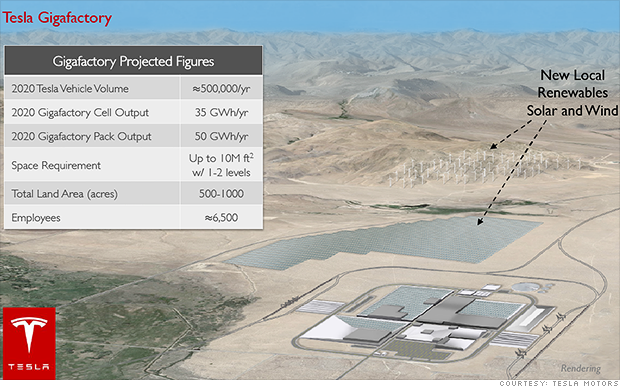
Whitaker: Song Seng Wun in Singapore, are you convinced that electric cars are just round the corner?
Song Seng Wun: Here in Singapore there is certainly plenty push as far as government is concerned to ensure transportation is as green as possible and obviously, if we are able to get more cheaper, affordable cars…Singapore is probably the world’s most expensive, even for electric cars…it will be welcome here.
It’s about whether the technology involved in greening transportation can be expanded for use in other cars in manufacturing, in businesses as well, which, I suppose is what Singapore is all about: how to use existing technology for better use elsewhere to increase productivity? (Productivity) is the catchword of the day, of the year, perhaps decade, here in Singapore.
Whitaker: Alison, from what Song Seng is saying…That’s quite heartening from your point of view?
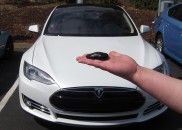 van Diggelen: Yes, it’s great to hear there is that focus on efficiency and sustainability…The Model S is between $70,000 and $100,000 here which obviously is a bit of a stretch for most of us, but what they plan is to have a third generation mass market car and this is where the Gigafactory is a key part of that. They’re planning to produce 500,000 of these all electric cars by 2020, so this is the grand strategy of making transport more electric and more energy efficient.
van Diggelen: Yes, it’s great to hear there is that focus on efficiency and sustainability…The Model S is between $70,000 and $100,000 here which obviously is a bit of a stretch for most of us, but what they plan is to have a third generation mass market car and this is where the Gigafactory is a key part of that. They’re planning to produce 500,000 of these all electric cars by 2020, so this is the grand strategy of making transport more electric and more energy efficient.
Listen to more of our BBC Business Matters discussion:
On the economics of Scottish independence: @26:00
On how to bring out the best in Parisian waiters @46:29
Check out other BBC Conversations on Fresh Dialogues:
On Google’s Self Driving Car in May 2014
On Apples’ Green Strategy in April 2014
On Fresh Dialogues and how it began in Feburary 2014

 You see, failure is viewed differently here. That’s why innovation blooms in SV.
You see, failure is viewed differently here. That’s why innovation blooms in SV.



 Top Prize:
Top Prize: 4. What’s the Deadline?
4. What’s the Deadline?
 2014 Plugged-In Conference Plenary Session:
2014 Plugged-In Conference Plenary Session: 
 Mark Whitaker: My guests on Business Matters today are Song Seng Wun from CIMB Research in Singapore, and San Francisco’s Alison van Diggelen. Alison presents a program called
Mark Whitaker: My guests on Business Matters today are Song Seng Wun from CIMB Research in Singapore, and San Francisco’s Alison van Diggelen. Alison presents a program called 
 van Diggelen: Yes, it’s great to hear there is that focus on efficiency and sustainability…The Model S is between $70,000 and $100,000 here which obviously is a bit of a stretch for most of us, but what they plan is to have a
van Diggelen: Yes, it’s great to hear there is that focus on efficiency and sustainability…The Model S is between $70,000 and $100,000 here which obviously is a bit of a stretch for most of us, but what they plan is to have a 

